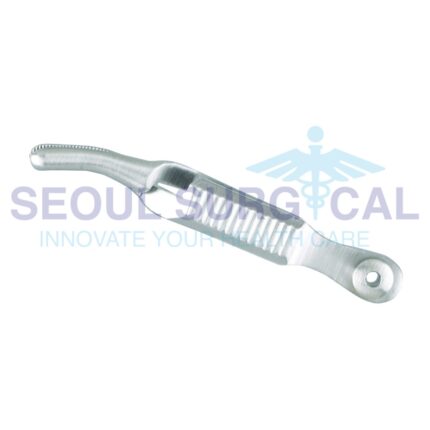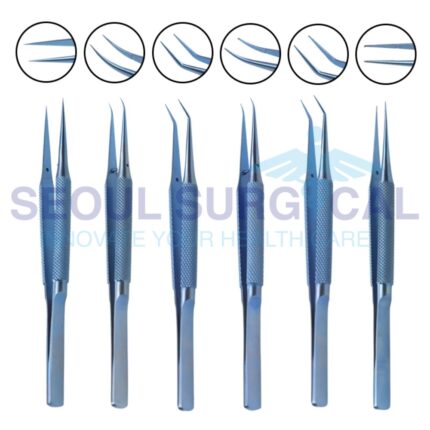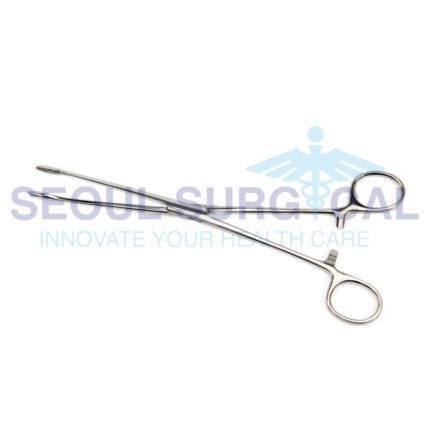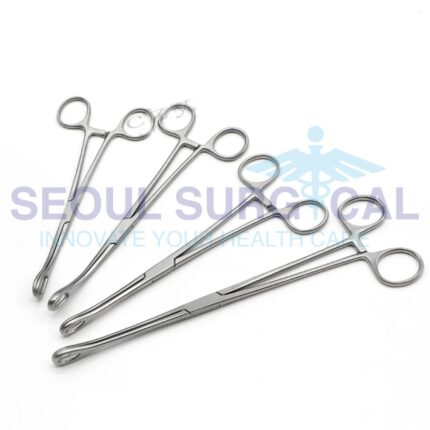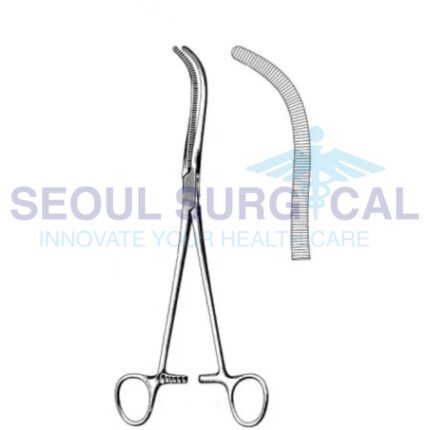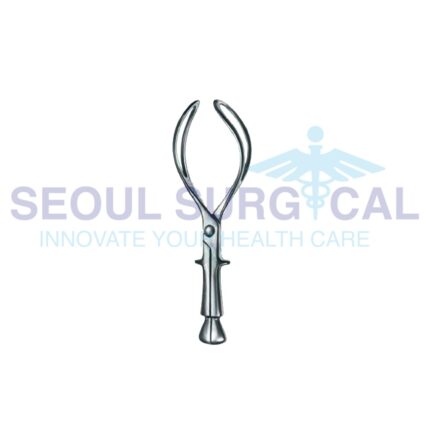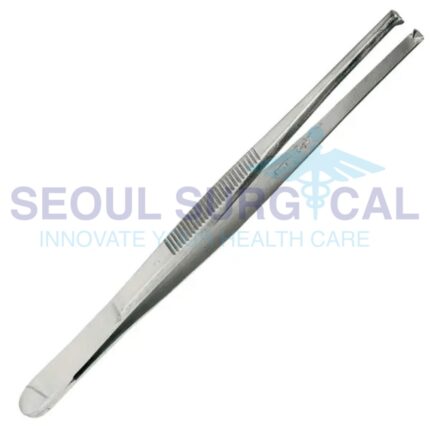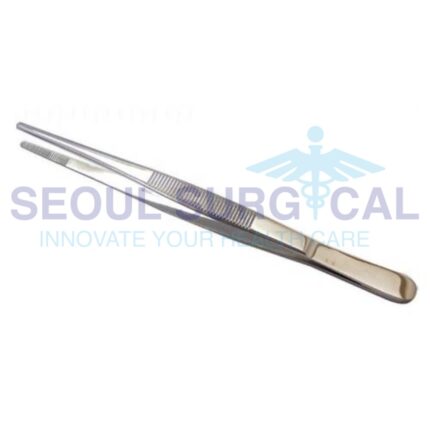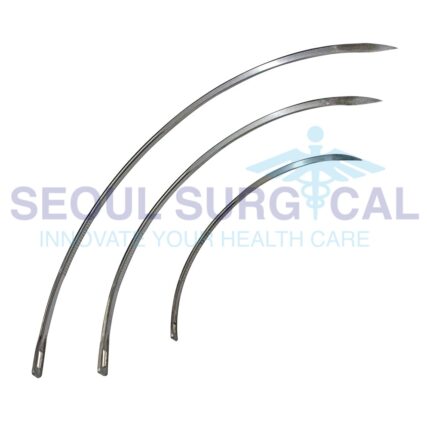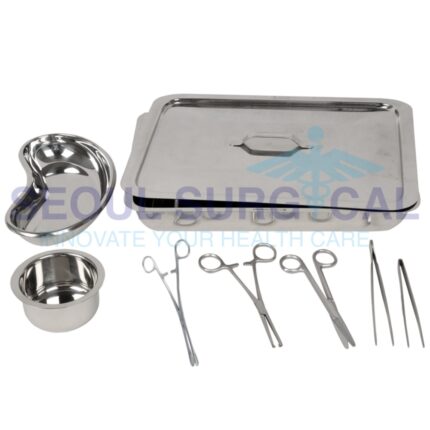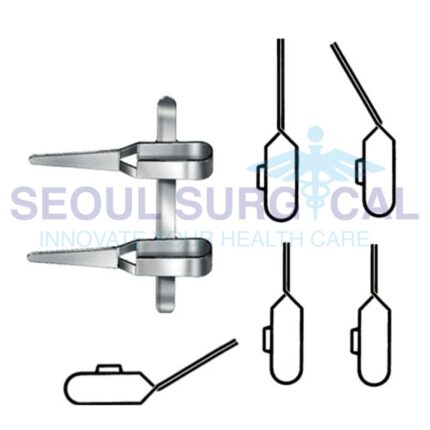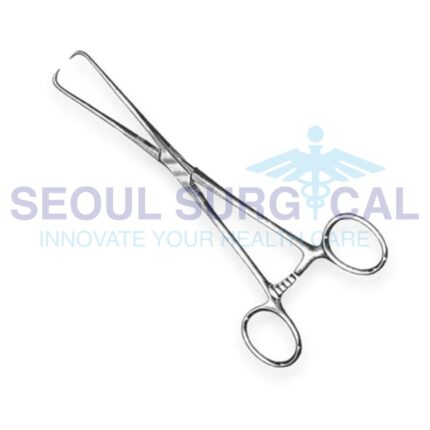Beyond Constriction: Unlocking the Potential of Bulldog Clamps in Surgical Precision
These clamps are typically made of stainless steel for durability and are sterilized before use in surgical procedures. The choice of bulldog clamp depends on the type of vessel being occluded, the surgical procedure, and the surgeon's preferences. Bulldog clamps play a crucial role in vascular and cardiac surgeries by allowing surgeons to temporarily interrupt blood flow, facilitating precise and controlled interventions while minimizing blood loss.
Beyond Contamination: Exploring Advanced Asepsis Instruments in Medicine
Ensuring asepsis is a critical aspect of healthcare, especially in surgical and invasive procedures. Healthcare professionals follow strict protocols to sterilize instruments and maintain a sterile field, minimizing the risk of infections and promoting patient safety. The use of aseptic techniques is fundamental in preventing the transmission of pathogens in healthcare settings.
Beyond Grasp: The Art and Technique of Hysterectomy Forceps in Surgical Excellence
It's important to note that the specific forceps used during a hysterectomy may vary based on the surgical approach (abdominal, vaginal, or laparoscopic) and the surgeon's preference. Each type of forceps serves a specific purpose in tissue manipulation, hemostasis, and organ removal during the procedure. Surgical instruments used in hysterectomy procedures are typically made of high-quality materials, such as surgical stainless steel, and are designed to withstand repeated sterilization.
Beyond Grasping: Enhancing Efficiency with Sponge Forceps in Medical Procedures
These forceps are typically made of high-quality surgical stainless steel to ensure durability and resistance to corrosion. The serrated jaws of the forceps provide a secure grip on the sponge, preventing accidental slippage during surgery. Proper sterilization procedures are followed before and after each use to maintain aseptic conditions in the operating room.
Sponge forceps are an essential part of the surgical toolkit, contributing to the efficiency and safety of various surgical procedures by aiding in the management of surgical sponges and maintaining a sterile environment.
Beyond Grasping: The Significance of Dissecting Ligature Forceps in Surgical Excellence
These forceps are typically made of high-quality surgical stainless steel, and they undergo sterilization before use in surgical procedures. The choice of dissecting ligature forceps depends on the specific surgical or dissection task at hand, the size of the tissues being manipulated, and the surgeon's preference. The delicate design of these forceps allows for precise and controlled tissue handling during intricate surgical procedures.
Beyond Labor: Exploring Advanced Obstetrics Instruments in Obstetrics and Gynecology
It's important to note that the use of these instruments requires expertise and is typically performed by trained obstetricians or healthcare professionals in a clinical or hospital setting. The selection of instruments depends on the specific needs of the patient and the circumstances of the childbirth process.
Beyond Precision: Enhancing Surgical Techniques with Specialized Cilia Forceps
If you have a specific context or application in mind, it would be helpful to provide more details for a more precise answer. Surgical instruments are often designed with specific tasks and tissues in mind, and the choice of forceps depends on the nature of the procedure and the tissues being handled.
Beyond Scalpels: Exploring Advanced Micro Dissecting Forceps in Microsurgery
The use of micro dissecting forceps requires a high level of skill and precision, and they are typically employed in procedures where traditional surgical instruments may be too large or lack the necessary delicacy. Surgeons and researchers rely on these specialized forceps to achieve optimal outcomes in microsurgical interventions.
Beyond Stitching: Essential Tools for Precision with Needles and Suture
It's important for healthcare professionals to choose the appropriate needle and suture material based on factors such as the type of tissue being sutured, the location of the wound, and the overall surgical goals. Proper technique in needle handling and suturing is essential for achieving effective wound closure and optimal healing outcomes.
Beyond the Bandage: Essential Tools for Dressing and Wound Management
Beyond the Basics: Understanding the Strategic Use of Spare Needles in Healthcare
When acquiring spare needles, it's essential to match the type and size of the needle to the specific task or application. Additionally, needles should be kept clean and stored properly to maintain their sterility and effectiveness. Always follow proper disposal procedures for used medical needles to prevent injury and transmission of infections.

